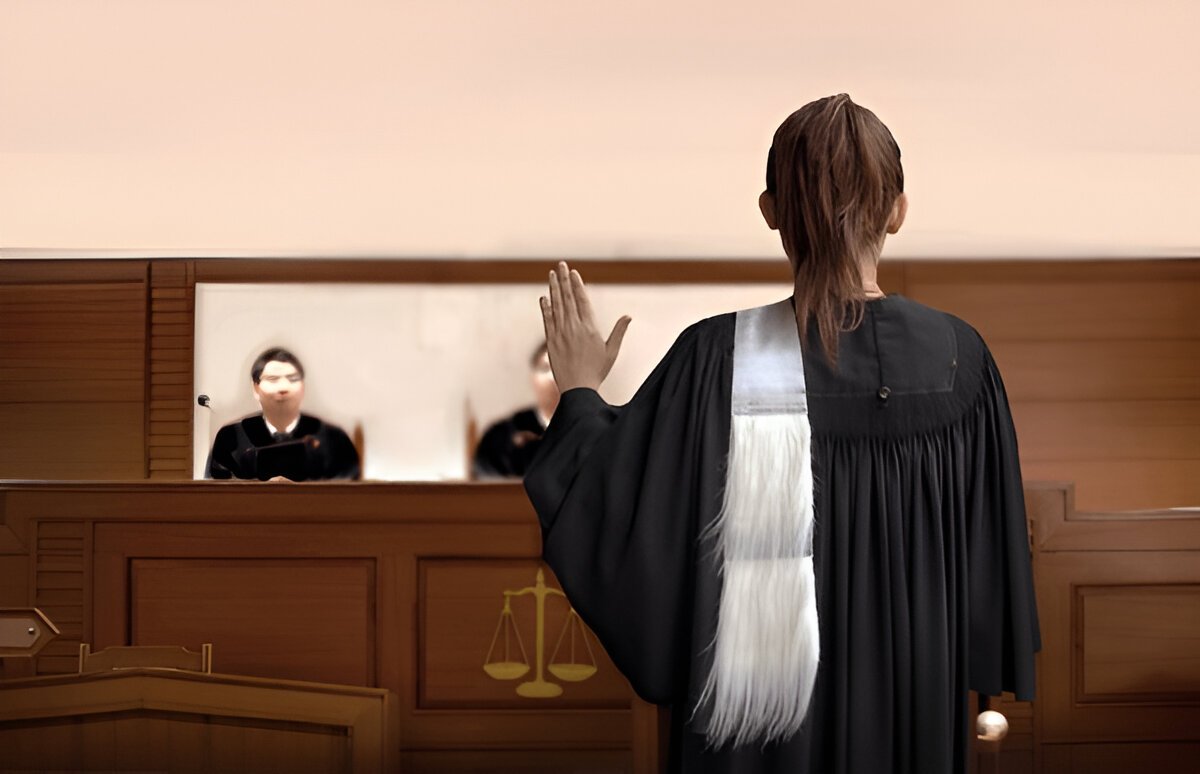The Bench Comprising Justice BV Nagarathna and Justice Satish Chandra Sharma
Introduction:
The Supreme Court reaffirmed that prior sanction under Section 197 of the CrPC (Now Section 218 of The Bharatiya NAgarik Suraksha Sanhita, 2023) is mandatory for prosecuting public servants if the alleged act, even if excessive or unlawful, has a reasonable nexus with their official duties. The Court held that the statutory protection cannot be denied merely because a public servant may have exceeded authority, provided the act is linked to their official function.
Facts:
The appellants (police officers) were accused of assault and wrongful confinement of the respondent (complainant). The respondent was a declared rowdy sheeter and had multiple criminal cases registered against him. The alleged acts occurred during investigations conducted by the police officers. The complainant filed a private complaint, and the trial court took cognizance without obtaining prior sanction under Section 197 CrPC. The appellants moved the High Court seeking quashing of the summoning order, which was dismissed. The appellants then approached the Supreme Court challenging the cognizance order and the High Court's refusal to quash the proceedings.
Issues:
- Whether prior sanction under Section 197 CrPC is necessary when a public servant is accused of acts committed in excess of official authority.
- Whether the acts alleged (assault, wrongful confinement) had a reasonable nexus with the public duties of the police officers.
Contentions of the Petitioners:
The alleged acts were committed in discharge of their official duties during criminal investigations. Even if the acts exceeded authority, they were reasonably connected to their role as police officers. The trial court erred in taking cognizance without obtaining prior sanction under Section 197 CrPC and Section 170 of the Karnataka Police Act.
Contentions of the Respondent (Complainant):
The actions of the police officers were unlawful and went beyond the scope of official duties. Therefore, they are not entitled to protection under Section 197 CrPC. The complainant argued that prior sanction was not required, as the alleged acts were criminal in nature and not related to any lawful duty.
Court’s Analysis:
The Court emphasized that Section 197 CrPC protects public servants from prosecution for acts done in discharge of official duties, even if they exceed the limits of authority, as long as there is a reasonable nexus. It cited the precedent of D. Devaraja v. Owais Sabeer Hussain, (2020) 7 SCC 695, supporting the proposition that mere excess in official duty does not forfeit protection. The Court rejected the notion that unlawful acts per se break the connection with official duty. The test is the connection with duty, not the legality of the act. Since the acts occurred during investigation of criminal cases, and the complainant was a known offender, the Court found that the actions were reasonably connected to official duty. Therefore, prior sanction was mandatory, and the absence of such sanction vitiated the entire proceedings.
Conclusion:
The Supreme Court allowed the appeal, quashing all proceedings against the accused police officers. It held that the Magistrate erred in taking cognizance without the mandatory sanction under Section 197 CrPC. The judgment reinforces that public servants cannot be prosecuted for acts connected with their official duties without government sanction, even if they exceed their authority.

